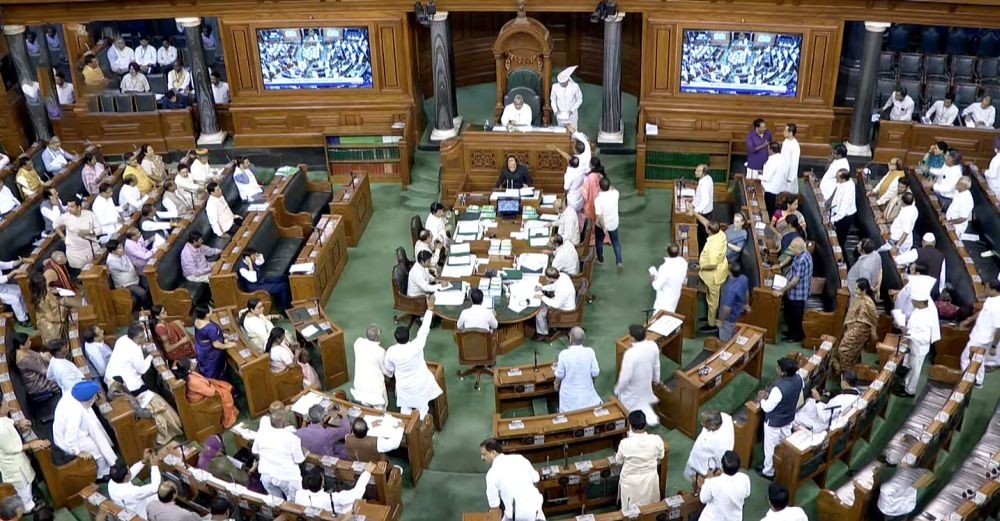The Forest Conservation Amendment Bill was recently passed in the Lok Sabha amidst a backdrop of concerns and debates regarding its potential implications for India’s precious forest ecosystems. The bill’s approval in the lower house of Parliament has sparked discussions on balancing developmental needs with environmental preservation.
The Forest Conservation Amendment Bill aims to streamline the process of forest land diversion for development projects. Proponents of the bill argue that it will expedite infrastructure development and bolster economic growth in the country. However, environmentalists and opposition members have raised concerns about potential adverse effects on India’s rich biodiversity and vital forest cover.
The amendment proposes measures to introduce a ‘special category’ for projects that require forest land diversion for infrastructure, industrial, or developmental purposes. By categorizing certain projects as ‘special,’ the bill seeks to provide them with an expedited clearance process, potentially bypassing some of the existing rigorous environmental assessments.
Critics of the bill contend that this could lead to hasty decision-making and compromise environmental safeguards, thereby posing a risk to ecologically sensitive areas and wildlife habitats. Forests play a crucial role in mitigating climate change, maintaining biodiversity, and safeguarding the livelihoods of millions of indigenous and forest-dependent communities.
Environmental activists argue that preserving the delicate balance between development and conservation is of paramount importance. They emphasize the need for stringent environmental impact assessments and consultations with local communities before any forest land diversion is approved.
During the parliamentary debate, several opposition members raised concerns about the potential ecological consequences of the bill and called for further deliberation on its provisions. They stressed that finding a balanced approach between development and conservation should be the primary goal.
The passage of the Forest Conservation Amendment Bill in the Lok Sabha marks the first step in its legislative journey. The bill will now proceed to the Rajya Sabha, where further discussions and deliberations are expected before it can become law.
As the bill remains a contentious issue, it has sparked a nationwide conversation on environmental protection and sustainable development. Citizens, activists, and experts are closely monitoring the developments and advocating for transparent and responsible decision-making to safeguard India’s natural heritage.
The government’s commitment to addressing environmental concerns while fostering development is being closely scrutinized in light of this legislation. Striking a balance between these competing priorities is a critical challenge that requires careful consideration of long-term consequences for the nation’s ecosystems and future generations.
The coming days will see the Rajya Sabha discussions unfold, and it remains to be seen how the concerns raised by various stakeholders will be addressed before the bill becomes law. The nation awaits the final decision with anticipation, hoping for a sustainable and environmentally conscious path forward.










